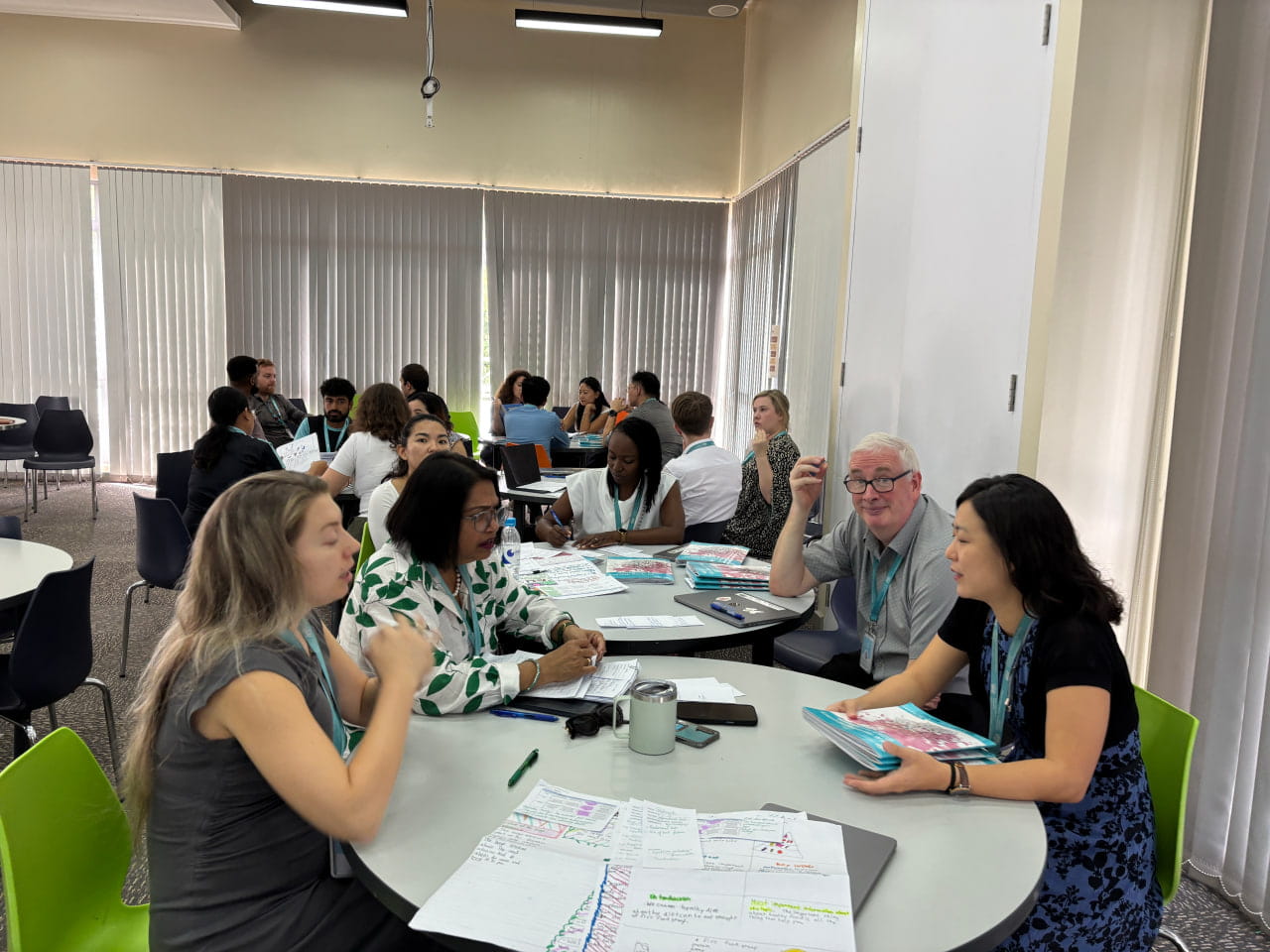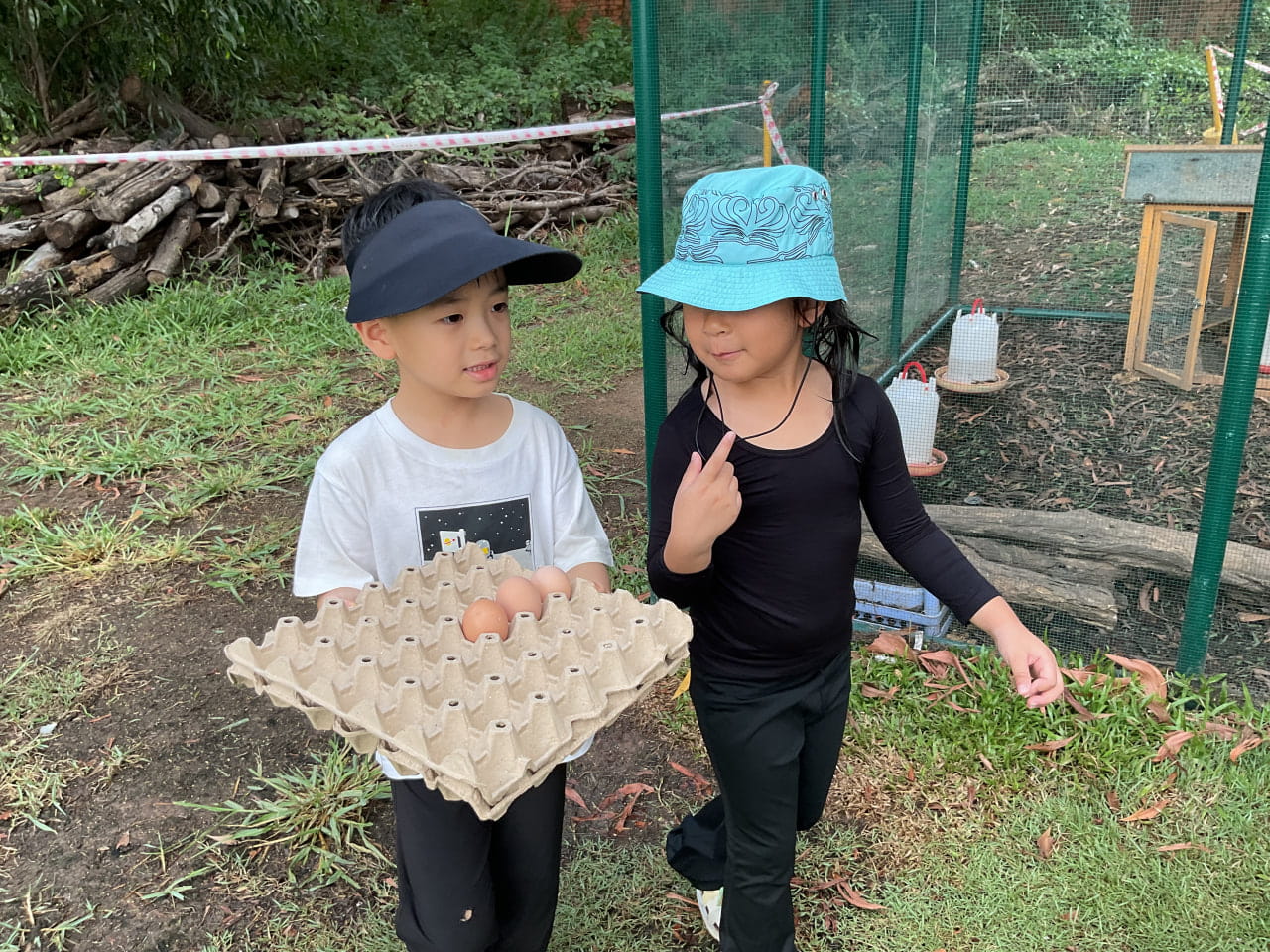Fostering agency in Northbridge students underpins all innovation, change, and improvement One of the biggest educational issues being discussed today at Northbridge International School Cambodia is the need to foster student agency in the classroom.
One of the biggest educational issues being discussed today at Northbridge International School Cambodia is the need to foster student agency in the classroom.
According to The Achievement Gap Initiative done by Harvard University, agency is defined as” the capacity and propensity to take purposeful initiative—the opposite of helplessness. Young people with high levels of agency do not respond passively to their circumstances; they tend to seek meaning and act with purpose to achieve the conditions they desire in their own and others’ lives.”

I recently had the pleasure of seeing a teacher foster agency in their class. As I entered the class, I saw students recording some notes on the board next to their names.
When I later asked the teacher what they were recording, he said that they had spent some time looking over their own writing and were recording what they needed to focus on developing to improve.
They then had a chance to meet with the teacher to discuss how they could do this and they would make some decisions on how they would act on what they had learned, make changes in line with what they had learned and then have a chance to revisit their goal.
After looking at the notes that had been recorded, I was impressed by how specific and relevant their goals were, and was left wondering how else we could foster this level of agency in our students.

In my readings on the subject of agency, I came across a list of seven elements of agency - voice, choice, engagement, motivation, ownership, purpose, and self-efficacy. As we start this new year, I am asking myself these questions in line with my resolution to foster student agency,

Are we listening to our students and considering their ideas?
Are we giving them a choice in how they achieve mastery?
Are we aware of their levels of engagement and are we planning to increase this?
Are we providing challenges that motivate them to learn and grow as people and as thinkers?
Are students given ownership of their learning and their goal setting?
Are students clear on the purpose of what they are learning and how it connects to their own lives and goals?
Are students succeeding more in what they set out to achieve, and in so doing, feel confident to take on greater challenges?

Fostering agency in our children is vitally important as it underpins all innovation, change, and improvement.
A child who chooses to do something to reach a goal they have set for themselves has the potential to actively contribute to developing their own life as well as the lives of those around them.
This is a foundation for being a life-long learner and an agent of positive change. These are both at the heart of our vision and values - we want to see our students have caring hearts and ambitious minds which allow them to take action and make the world a better place.











